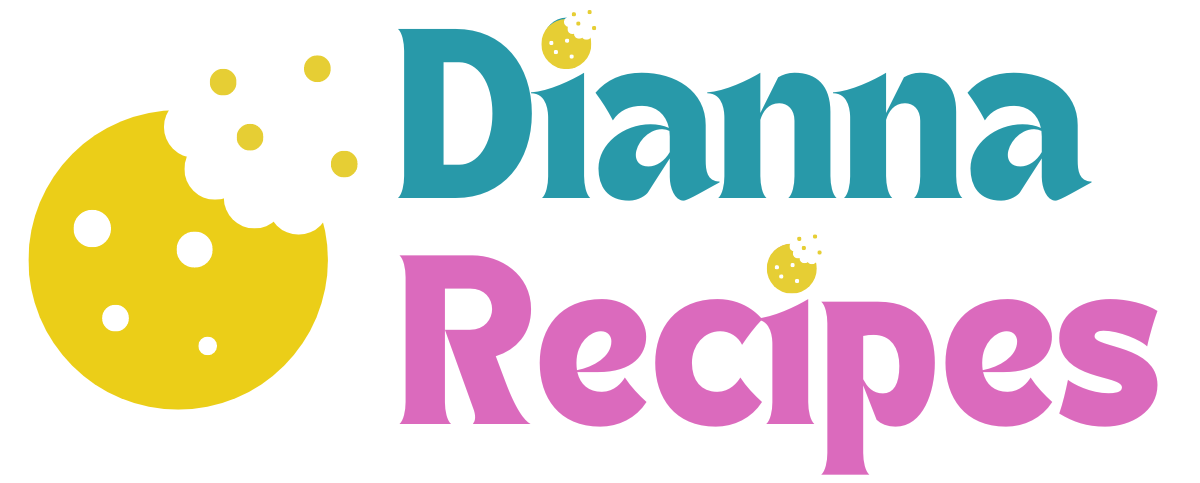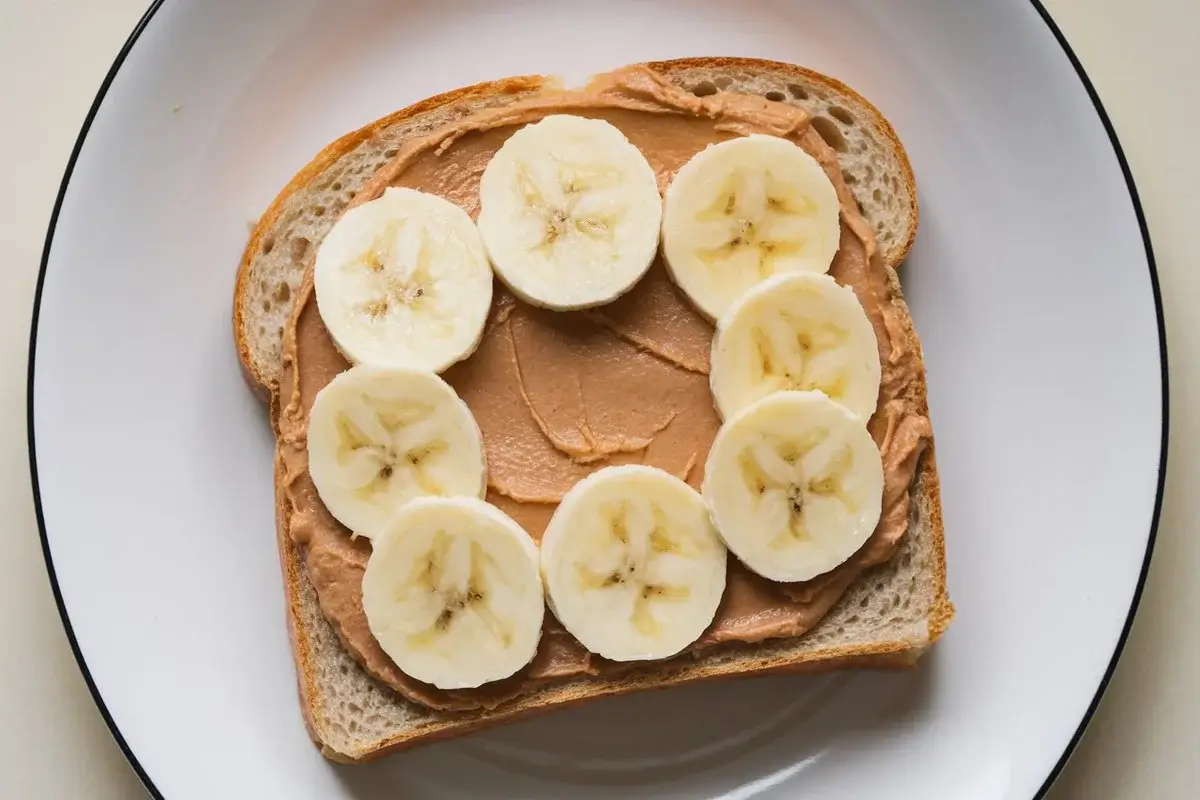There’s a common debate about whether homemade bread is better than store-bought bread. Bread is a staple food for many people, and while some enjoy the ease of picking up a loaf from the store, others prefer the freshness and control that comes with making bread at home. So, is it better to bake your own bread or buy it? Both options have their pros, but the right choice depends on what matters most to you—health, cost, convenience, or even the effect on the environment.
This article explores the benefits of baking bread vs buying it in terms of nutrition, cost, time, effort, and environmental impact. If you’re wondering whether making bread at home or purchasing it is the better fit for you, let’s break it down step by step.
For readers interested in the difference between sandwich bread and regular bread, check out this guide on the difference between sandwich bread and regular bread.
Homemade Bread vs. Store-Bought Bread: Health Considerations
Many people prefer to bake their own bread to make a healthier product. When you make bread at home, you control what goes into it, meaning no unwanted preservatives or additives. Homemade bread can be as healthy or indulgent as you like. You can choose whole grains, gluten-free flour, or lower amounts of salt, which is harder to control in store-bought bread.
On the other hand, store-bought bread may contain preservatives to make it last longer, and it may also have added sugar and salt to improve the taste. According to Verywell Fit, many commercial breads contain extra ingredients that make them higher in calories or include things you don’t need. These additives can be concerning for those who want to eat cleaner or avoid processed food.
For those who want to try making their own bread, here is a great homemade sandwich bread recipe.
Make or Buy Bread Comparison: Nutritional Differences
Here’s a breakdown of the differences in nutrition between homemade bread and store-bought bread:
- Homemade Bread:
- No preservatives or additives.
- Full control over the ingredients.
- You can use organic, whole grain, gluten-free, or even low-carb options.
- The bread is always fresh with no need for preservatives.
- Store-Bought Bread:
- Often has preservatives to make it last longer.
- May contain added sugars and salt.
- Fortified with vitamins, such as iron, folic acid, and calcium in some brands.
- Consistent in taste, texture, and quality with every loaf.
Store-bought bread does have some advantages. Many brands add vitamins and minerals to their loaves, which may not be present in homemade bread unless you use special flour. These commercial breads can offer important nutrients like iron and calcium, which are essential for a balanced diet.
Benefits of Baking Bread vs Buying: Additives, Preservatives, and Their Impact on Health
When you make your own bread, you avoid the preservatives and other additives found in store-bought bread. Preservatives like calcium propionate or potassium sorbate are often used to keep bread fresh longer and stop mold from growing, but some people have sensitivities or concerns about these ingredients.
In contrast, homemade bread allows you to use only fresh and simple ingredients. You skip the emulsifiers, stabilizers, and other things found in commercial bread, which are used to keep the bread soft and fresh for longer. By baking bread at home, you control what goes into it, which leads to a more natural product. This is especially important for people with food allergies or those who follow special diets like gluten-free or low-carb.
For more insights on whether it’s worth making your own bread, check out this article on whether it’s worth making your own sandwich bread.
Homemade Bread vs. Store-Bought Bread: Cost and Convenience
One of the key considerations when comparing homemade bread and store-bought bread is the cost. At first glance, homemade bread might seem cheaper, but when you factor in the cost of ingredients, equipment (like a bread machine or oven), and the time spent baking, the savings may not be as big as they seem. The Kitchn breaks down the time and cost involved in making bread and asks whether it’s really worth it.
Bake Bread at Home or Buy? A Cost Breakdown
- Cost of Ingredients for Homemade Bread:
- Basic ingredients like flour, yeast, salt, and water are inexpensive, especially when bought in bulk. However, if you choose organic, specialty, or gluten-free flours, the cost can increase.
- Baking bread also uses energy (like electricity or gas), which adds to the total cost.
- The initial cost of buying a bread maker or other tools can also be a factor.
- Cost of Buying Bread:
- Store-bought bread comes in a wide range of prices. Basic white or wheat bread is usually cheap, while artisan or gluten-free loaves can be much more expensive.
- You’re paying for convenience, as store-bought bread is ready to eat, sliced, and packaged.
While homemade bread can save money over time if you bake often, the upfront costs of equipment and the time involved add up. On the other hand, store-bought bread is quick and convenient, though high-quality options can be costly.
Time and Effort: Is Homemade Bread Practical?
Another important factor in the debate between homemade bread and store-bought bread is the time and effort it takes to bake bread. Making bread from scratch can take several hours, including prep, rising, and baking. Even with a bread machine, it’s not always a “set it and forget it” task—it requires monitoring, mixing, and handling.
In comparison, buying bread from the store is much easier—you just grab a loaf and go. If you don’t have much free time, store-bought bread is the clear winner in terms of convenience. However, some people find that baking bread at home is a relaxing or rewarding activity. Plus, if you bake in larger batches, you can freeze the extra loaves and have homemade bread ready without the daily effort.
Taste, Texture, and Freshness: Homemade vs. Commercial Bread
When comparing homemade bread to store-bought bread, taste and freshness are often the deciding factors. Freshly baked bread has an unbeatable aroma and taste. The texture is customizable—you can make a soft sandwich loaf, crusty baguette, or hearty whole grain bread.
On the other hand, while store-bought bread is convenient, it may lack that freshly-baked taste and texture. Because of preservatives, commercial bread often doesn’t have the same wholesome flavor or crust that you get with homemade bread. Is it better to make your own bread or buy it?
Homemade Bread vs. Store-Bought Bread: Taste and Texture
- Homemade Bread:
- You can customize the taste by adding herbs, seeds, or garlic.
- The texture of homemade bread is often better, with a crispy crust and soft interior.
- Freshly baked, it has a flavor that’s hard to beat.
- Store-Bought Bread:
- Consistent in taste and texture—each loaf is nearly the same.
- May lack the deep flavor and crispiness of fresh bread.
- Additives can affect the taste and texture over time, especially if the bread is stored for a while.
Freshness and Shelf Life of Homemade vs. Store-Bought Bread
- Homemade Bread:
- Without preservatives, homemade bread lasts about 3-5 days before going stale.
- Store-Bought Bread:
- Has a longer shelf life due to preservatives, sometimes up to two weeks.
- Once opened, store-bought bread can become dry or stale quickly.
For those curious about what makes sandwich bread different from other types of bread, take a look at this article on what makes sandwich bread different. Is it better to make your own bread or buy it?
Environmental and Ethical Considerations
Apart from health and cost, the environmental impact is another factor when choosing between homemade bread and store-bought bread. Commercial bread is often packed in plastic, which adds to waste. Additionally, the production and transportation of mass-produced bread contribute to a larger carbon footprint.
Environmental Impact of Store-Bought Bread
- Store-bought bread is often wrapped in plastic or paper, contributing to packaging waste.
- The transportation of bread from factories to stores adds to the carbon footprint.
Sustainability of Baking Bread at Home
- By making your own bread, you can reduce waste by using reusable containers or bags to store it.
- Using local or organic ingredients for your bread can also lower the impact on the environment.
Baking at home can be a more eco-friendly choice, especially if you focus on using local ingredients and reducing packaging waste.
FAQs: Common Questions About Making vs. Buying Bread Is it better to make your own bread or buy it?
1. Is homemade bread healthier than store-bought bread?
Yes, homemade bread is generally healthier because you can avoid the preservatives, additives, and extra sugars found in store-bought bread.
2. How long does homemade bread last?
Homemade bread usually lasts for 3-5 days at room temperature. You can freeze it to extend its shelf life up to 3 months.
3. Does making your own bread save money?
The ingredients for homemade bread are usually cheap, but the time, effort, and cost of tools may reduce the savings compared to store-bought bread.
4. What’s the best flour for homemade bread?
Whole wheat flour is a great choice for its nutrition, but you can use bread flour, all-purpose flour, or specialty flours like rye or spelt, depending on your preference.
Conclusion: Is it better to make your own bread or buy it?
In the end, the choice between homemade bread and store-bought bread depends on your priorities. If health, controlling ingredients, and the enjoyment of baking are important to you, then making your own bread is the better option. You get to enjoy fresh taste, customizable recipes, and the satisfaction of baking.
On the other hand, if convenience and time-saving are key, store-bought bread offers a quick and reliable option. While it may contain preservatives and additives, many healthier brands offer whole grain or organic options.
Ultimately, you don’t have to choose just one—try baking your own bread when you have the time and use store-bought bread when you need something fast. Either way, you’ll enjoy one of life’s most simple and delicious foods.

